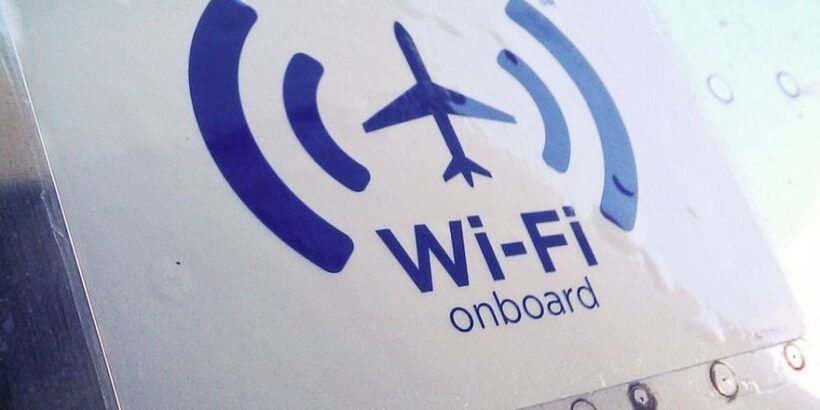The MC-21, SJ-100 and Tu-214 passenger aircraft are slated to gain access to satellite internet in the coming years. The Wi-Fi terminals are being developed by aerospace firm “Bureau 1440”, part of “X Holding”. The project necessitates resolution of a multitude of technical and regulatory challenges, with implementation expected to take at least five years, according to reports in Vedomosti.
“The terminals will enable a satellite internet connection throughout the entire flight. We have already received the requirements for transceivers from the manufacturers of these three aircraft,” stated Alexei Shelokhov, CEO of “X Holding”, on April 9th, 2025, at the plenary session of the XXI Telecom 2025 Forum for telecoms operators.
The United Aircraft Corporation (UAC) has confirmed contact with “Bureau 1440”. “We have submitted our requirements for the equipment to be installed onboard, in order to be able to offer interested airlines the functionality of internet access in flight,” stated a UAC representative.
The technical specification for the Wi-Fi transceivers takes into account mass, dimensions, power consumption, vibration and pressure resistance. The equipment must comply with the Federal Aviation Regulations (FAR-21) for the certification of aviation technology. In addition to technical characteristics, electromagnetic compatibility with the onboard systems, fire safety and the absence of radio interference must be ensured. Furthermore, the satellite antennae must be lightweight and streamlined in shape so as not to degrade the aircraft’s aerodynamics or fuel efficiency.
In the first phase, “Bureau 1440” will deploy a low-earth orbit satellite network of 292 spacecraft to support the service. The constellation is projected to consist of over 900 satellites in total. 24 launches are planned, including replacements for failed satellites. In addition to Russia, the company plans to provide services in more than 70 countries.
The project is estimated to cost 445 billion roubles, of which 329 billion will be self-funded, with the remainder coming from government subsidies and loans. By 2030, the holding aims to provide coverage for 97% of Russian territory. 37 billion roubles will be allocated from the federal budget to the project in 2025. The first test satellites, “Rassvet-1”, have already been placed into orbit. Their current throughput is 12 Mbps with a latency of 41 ms. In the future, speeds are projected to increase to 1 Gbps.


